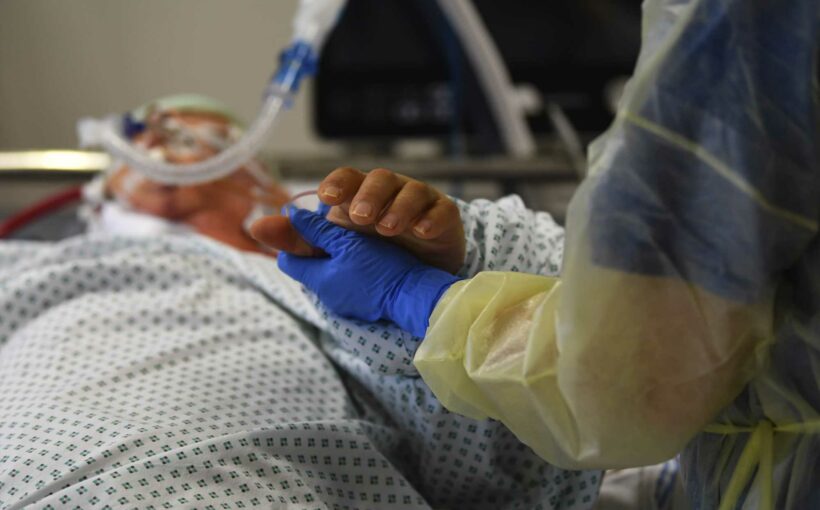- A new study out of Northwestern University shows that 85% of long-haulers experienced four or more neurologic symptoms.
- “We really just need to focus on helping these patients and spreading awareness that this is, indeed, a really serious problem associated with Covid,” said researcher David Putrino.
- Putrino told CNBC's "The News with Shepard Smith" that the prevalence of long Covid is changing how physicians treat patients, even for routine complaints.
A researcher who studies so-called Covid long-haulers warned that lingering symptoms are a grim reality and can pose a serious problem.
"We've been tracking around 60 distinct symptoms in this patient population," said David Putrino, the Director of Rehabilitation Innovation at Mount Sinai Hospital in New York. "We really just need to focus on helping these patients and spreading awareness that this is, indeed, a really serious problem associated with Covid."
A new study out of Northwestern University shows that 85% of long-haulers — Covid patients who have largely recovered from the worst of the disease, but continue to experience long-term symptoms — experienced four or more neurologic symptoms. Those symptoms include brain fog, headaches, numbness or tingling, loss of taste and smell, and muscle pain.
Northwestern scientists call it the first study of its kind. It tracked 100 Covid patients, mostly women at an average age of 43.
Putrino told CNBC's "The News with Shepard Smith" that the prevalence of long Covid is changing how physicians treat patients, even for routine complaints.
"I think that pre-Covid, there were a lot of people showing up with non-specific symptoms and they were concerned that they were being treated with formula-medicine, as opposed to being very patient-centric and symptom-centric in treatment approaches," said Putrino. "One of the things that physicians have to do now, as we're seeing this increase in Covid long-hauler activity, is listen to what patients are telling them."
Source: Read Full Article
